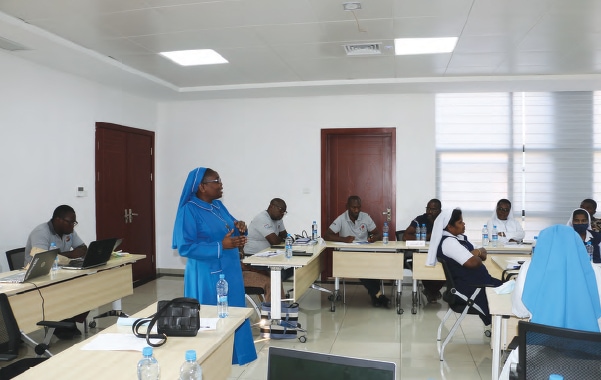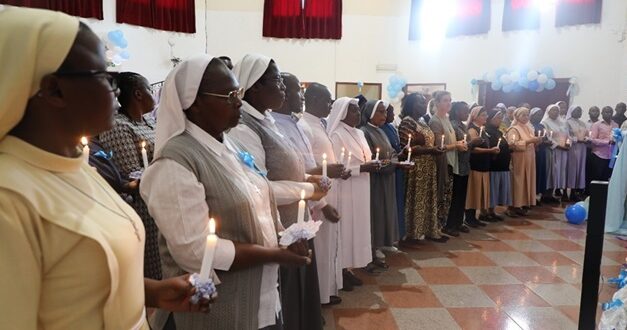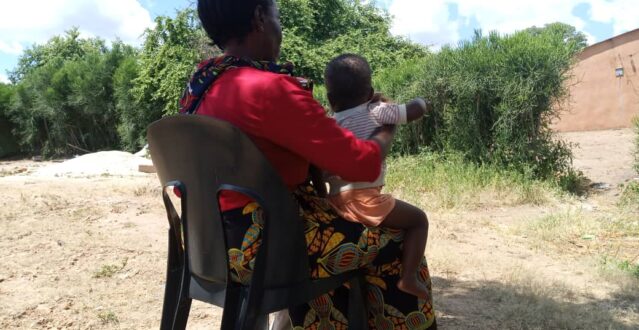As Zambia Association of Sisterhoods (ZAS), our message is to embrace the global and national child care reforms that place emphasis on the promotion of family-based care and/or family-like environment as the best place to nurture the growth of children who are in Child Care Facilities (CCF).
Informed by research, it is clear that institutional care has devastating effects on the growth and wellbeing of a child psychologically, socially and culturally. Such children cannot fit and live a meaningful community life once they leave institutional care because they lack basic survival skills such as washing, sweeping, cooking and other such life skills. Mainly, they suffer from trauma and other negative effects of institutionalization. In addition, the growth rate of babies who grow up in an institution is retarded by three months due to lack of play and early stimulation.

Going by the aforementioned, the call to transition from the current institutional care into family-based care is in the best interests of the child and could not have come at a better time. Further, there is need to transition the Child Care Facilities to service providers that focus on family strengthening and family outreach.
The transitioning of these CCF into provision of fixed and defined duration of stay for children in need of care will not in any way take away from the charism, but it will ensure that congregations will continue expressing their charisms by being service providers that will focus on family strengthening and preservation. Being the smallest social unit, the family is a cornerstone for bringing up children so that the values of “ubuntu” can be inculcated in them.
Changing the model of care is the way to go so that children can experience family values, be able to have a family tree and grow up in a community and society that is molding them to face the realities of life and build their resilience to life regardless of future challenges and other situations they might be faced with.
Our thanks to the Association of Member Episcopal Conferences in Eastern Africa for use of this article from the AMECEA July 2022 magazine.



